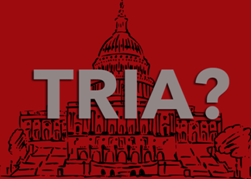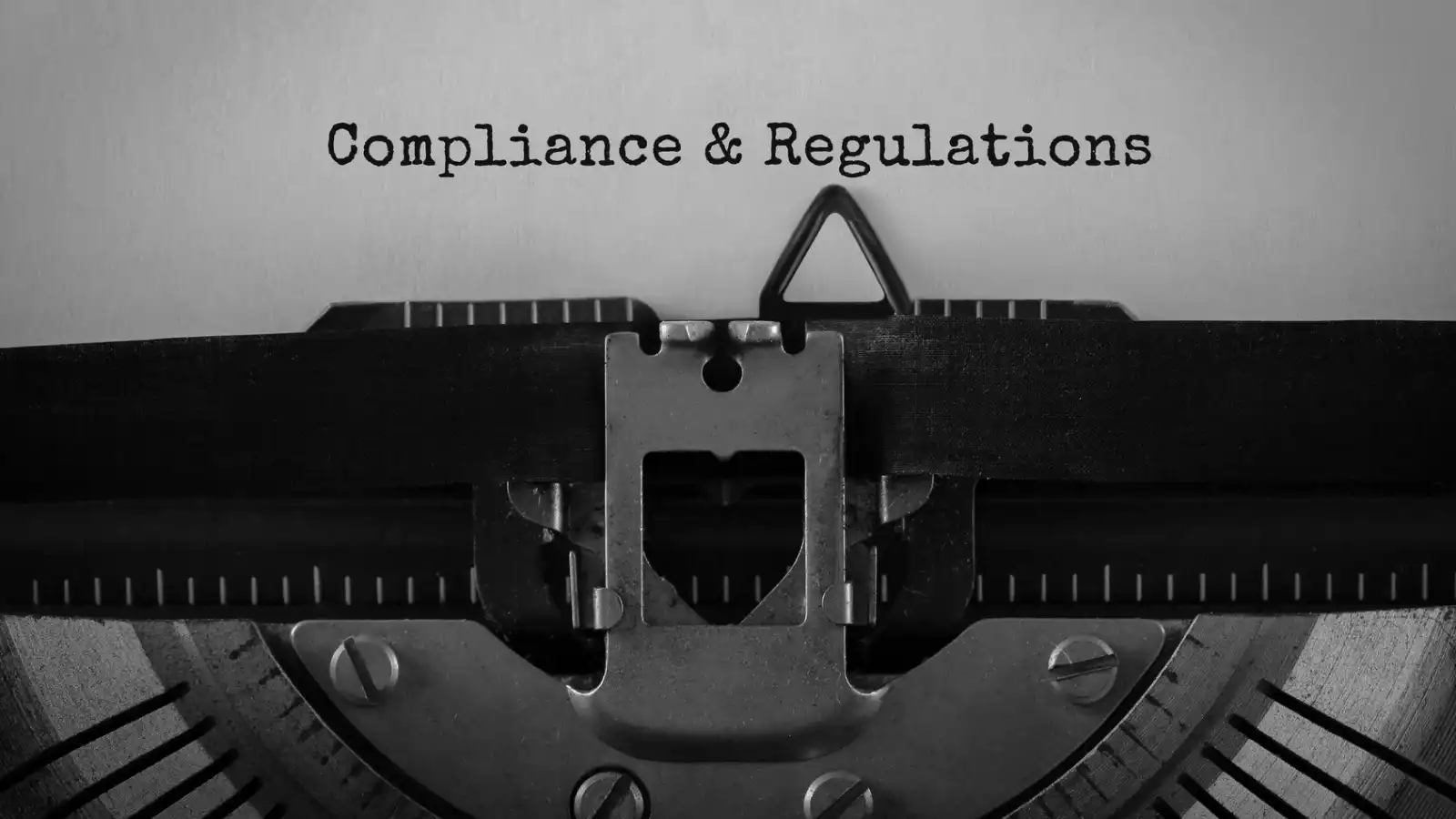 Last week, Great Britain changed its terror threat level from “substantial” to “severe” which means that the government in the UK feels that a terrorist attack is “highly likely”. For citizens in the UK it is indeed a sobering thought. Also last week, an American citizen was killed while fighting for the Islamic State of Iraq and Syria (ISIS). A New York Times article – U.S. Identifies Citizens Joining Rebels in Syria, Including ISIS – indicates that by some estimates, more than 100 Americans may have joined ISIS. Nearly 13 years after the 9/11 attacks, the threat of terrorism has reached a level that has not been seen in some time.
Last week, Great Britain changed its terror threat level from “substantial” to “severe” which means that the government in the UK feels that a terrorist attack is “highly likely”. For citizens in the UK it is indeed a sobering thought. Also last week, an American citizen was killed while fighting for the Islamic State of Iraq and Syria (ISIS). A New York Times article – U.S. Identifies Citizens Joining Rebels in Syria, Including ISIS – indicates that by some estimates, more than 100 Americans may have joined ISIS. Nearly 13 years after the 9/11 attacks, the threat of terrorism has reached a level that has not been seen in some time.
Here in the United States, this increased sense of a potential terrorism threat is further heightened by a potential non-action by the U.S. Congress that would clearly impact the business community.
In November, 2002, Congress enacted the Terrorism Risk Insurance Act (TRIA). Its purpose was to provide government reinsurance in the event of a large-scale terrorist attack. Congress extended the Act in 2005 and again in 2007. Presently, TRIA is set to expire on December 31, 2014. At this writing, it is unclear if Congress will act to extend it once again.
So what does this mean to the American business owner and their workers? Plenty. Workers’ Compensation costs could dramatically increase. Here’s why.
According to a report issued by Rand Corporation – The Impact of Workers’ Compensation Insurance Markets of Allowing the Terrorism Risk Insurance Act to Expire, the impact on businesses will be profound. Unlike other forms of insurance, Workers Compensation “cannot exclude terrorism, impose policy limits, or exclude losses from nuclear, biological, chemical, or radiological (NBCR) attacks.”
Absent TRIA legislation, employers should be aware of the following:
• Certain employers deemed to be at “high risk” for a terrorist attack, may be denied coverage in conventional markets.
• Higher Workers’ Compensation costs could stunt economic growth and reduce employee wages.
• Some carriers may decline to provide coverage for employers in high risk areas (i.e. densely populated areas, high rise office buildings, etc.)
• Should a terrorist attack occur, the cost would be borne by the businesses and taxpayers of the state(s) where the attacks took place.
Lastly, absent the extension of TRIA, Workers’ Compensation costs will certainly increase for all employers and could put a serious dent in our economic recovery. So will Congress respond? We will have to wait and see, but given the heightened gridlock inside the beltway, it is a concern that bears watching.
For more information on the Terrorism Risk Insurance Act, please reach out to Genesis HR Solutions at AskUs@genesishrsolutions.com or 800-367-8367.
Genesis HR Solutions is the premier PEO provider for Massachusetts based businesses.




